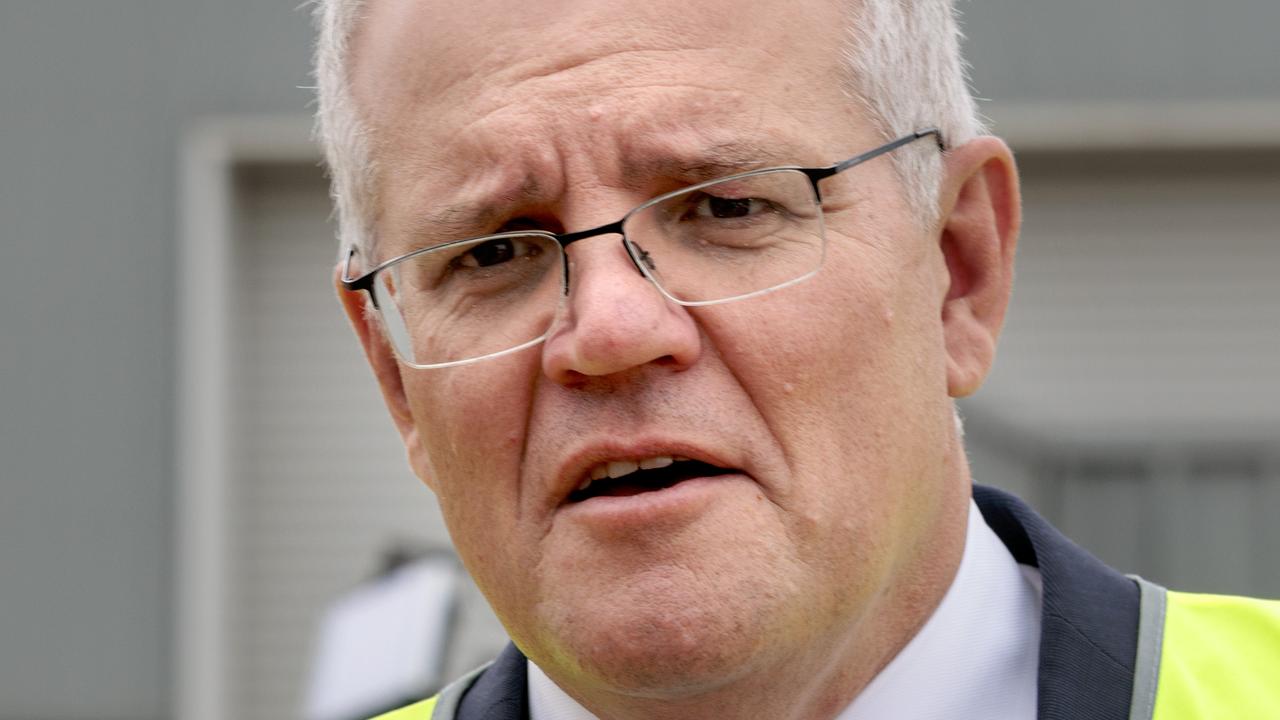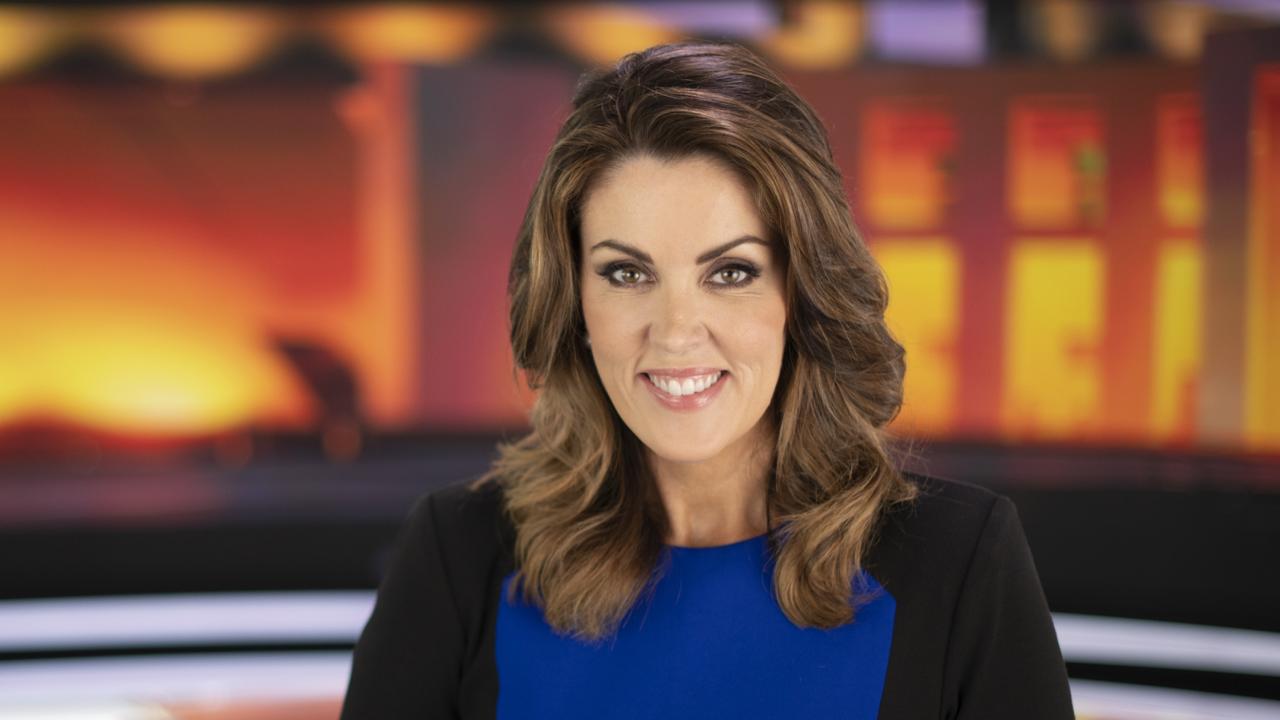State of the Nation election survey shows Aussies have already made up their minds
Bill Shorten and Scott Morrison are fighting tooth and nail for your votes, but a survey of news.com.au readers shows it may all be in vain.
While Bill Shorten and Scott Morrison have been fighting hard during the campaign to win your vote, a new survey has shown it may all be in vain.
More people have made up their minds about where their vote is going ahead of this year’s election campaign — and more of them are determined to vote for smaller parties and independents.
The news.com.au State of the Nation survey polled 25,347 people on their attitudes to things such as immigration, housing affordability, welfare, childcare and infrastructure, as well as politics.
There were some very different responses compared to the last survey in 2016, particularly on welfare and childcare issues.
The survey was conducted ahead of the federal election being called, between March 21 and April 11.
Interestingly, it showed there were fewer undecided voters than at the previous election, which is possibly being reflected in the record levels of pre-polling.
According to the survey, only 20 per cent were undecided voters, which is lower that the 28 per cent who didn’t know who to vote for in 2016.
Voters also seemed more open to voting for one of the smaller parties and independents.
RELATED: Voters deliver rebuke of leaders ahead of election
In 2016, just 11 per cent of those surveyed said they intended to vote for someone who was not a Coalition, Labor or Greens member. This has increased to 14 per cent this year.
About 6 per cent said they would vote for One Nation, although the survey was done at the same time that damaging revelations were being aired about One Nation’s meetings with the US gun lobby, so it’s unclear whether this is reflected in the result.
Since then, the party’s Queensland leader Steve Dickson has also been dumped after covert footage of him in a strip club was leaked.
Queenslanders were the most likely to vote for One Nation and the least likely to vote for Labor. One Nation was also more popular in NSW but had its lowest level of support in Victoria.
Other conservative parties were also set to pick up votes with 3 per cent saying they would vote for the Australian Conservatives and 2 per cent for Clive Palmer’s United Australia Party.
The Greens vote remained steady at 7 per cent.
While both major parties saw a small boost, the increase was roughly the same.
About 32 per cent said the Coalition would get their vote, compared to 30 per cent in 2016.
Labor’s vote also increased by 2 per cent from 24 to 26 per cent.
Support for the Coalition was highest in NSW, while support for Labor was highest in Victoria and the ACT.
When it comes to the party leaders, Scott Morrison is the preferred PM for 58 per cent of those surveyed compared to 42 per cent who liked Bill Shorten.
About 33 per cent approved or strongly approved of Mr Morrison’s performance as prime minister while 44 per cent disapproved. About 24 per cent were neutral.
RELATED: Stay up to date with what matters on our federal election page
Support was highest for Mr Morrison in NSW and Queensland.
Mr Morrison may also take comfort in the fact that he is more popular than his predecessor Malcolm Turnbull.
In 2016, 24 per cent approved of Mr Turnbull’s performance, compared to 47 per cent who disapproved. About 29 per cent were neutral.
Sadly for Mr Shorten, he did not have strong approval ratings in any state.
Only 21 per cent of those surveyed approved of his performance while 53 per cent disapproved. About 25 per cent were neutral.
Mr Shorten’s biggest supporters were in the ACT and Tasmania, while Queenslanders disliked him the most.
Continue the conversation @charischang2 | charis.chang@news.com.au




